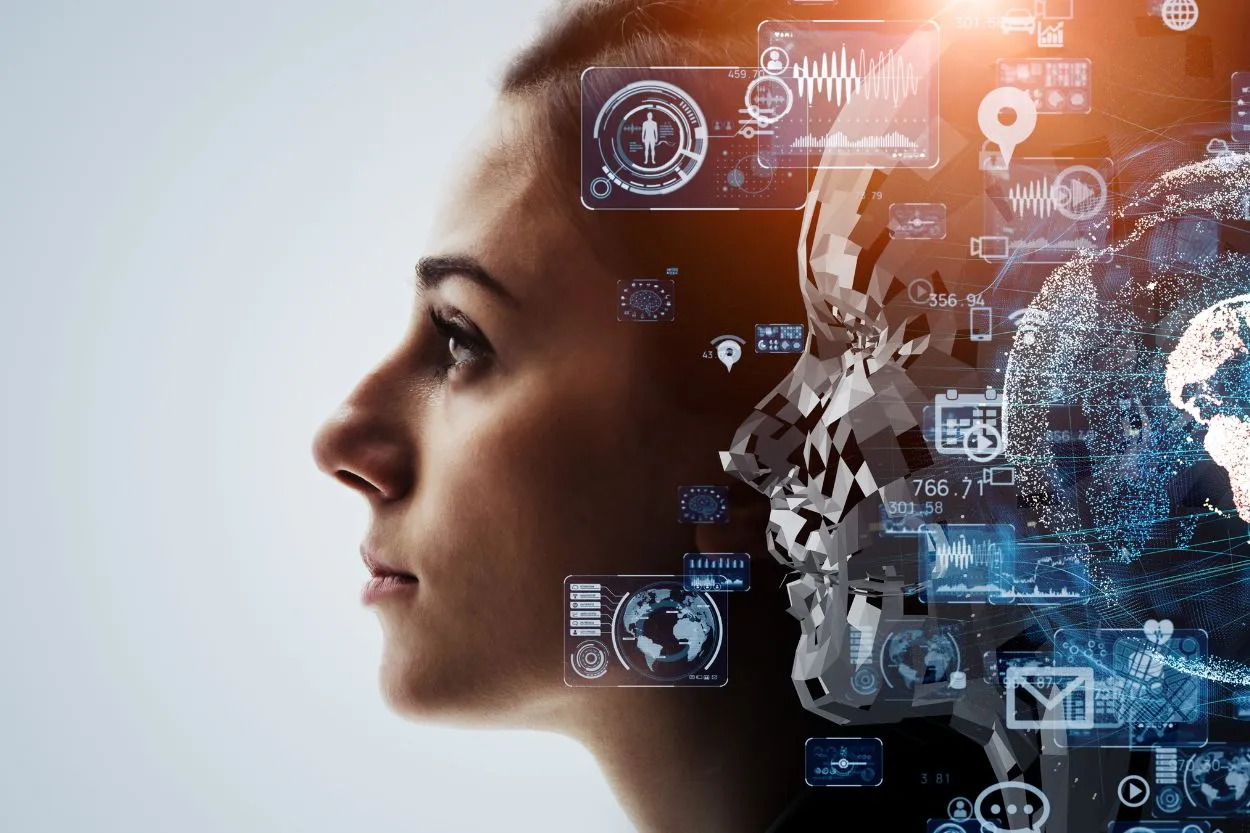Marketers should be aware of the differences between machine learning and deep learning.

Artificial intelligence (AI) is creating a lot of excitement in the marketing industry, as it is projected to have a significant impact on the market. It is estimated that the market for AI in marketing will grow from $15.84 billion in 2021 to $107.5 billion by 2028, leading to an increased interest in this technology. As AI plays an increasingly important role in marketing, the terms "deep learning" and "machine learning" are often used, but what do these terms mean? Here's a breakdown of what marketers need to know about these two types of AI.
Machine learning is a subset of AI that employs algorithms and data to imitate how humans learn and gradually improve accuracy. The computer is trained to learn without being explicitly programmed, which means there is no human intervention. For example, speech recognition is a type of machine learning that translates speech into text, such as voice search, voice dialling, and appliance control.
There are three common ways that marketers use machine learning: Predictive recommendation engines use data to anticipate what products, services, or content a user is likely to prefer. Churn prediction is used to predict when a customer is about to stop using a service or product so that the company can take action before they leave. Lead scoring is used to predict which leads are most likely to convert into customers, which helps sales teams prioritize their efforts and improve productivity.
Deep learning is a subset of machine learning that uses algorithms and data to train a model that mimics the human brain. It employs neural networks that comprise interconnected neurons that process data in both the human brain and computers. Marketers use deep learning in their strategies in several ways, including segmentation, hyper-personalization, and predicting customer behaviour.
Machine learning and deep learning are distinct areas of artificial intelligence, with machine learning focusing on training models to make predictions or decisions based on data, and deep learning utilizing neural networks to simulate the human brain to make highly accurate predictions. Machine learning requires shorter training time but can result in lower accuracy, whereas deep learning requires more training and results in higher accuracy. Machine learning makes straightforward, linear correlations, while deep learning makes complex, non-linear correlations. Furthermore, deep learning requires a large amount of data to train, whereas machine learning can work with smaller datasets.
As AI continues to integrate into various industries and our daily lives, marketers must understand its basic principles and learn how to leverage it for their brands. Both deep learning and machine learning offer exciting possibilities for marketing by streamlining processes and predicting audience behaviour. By using AI, marketers can improve their strategies and stay ahead of consumer trends.

